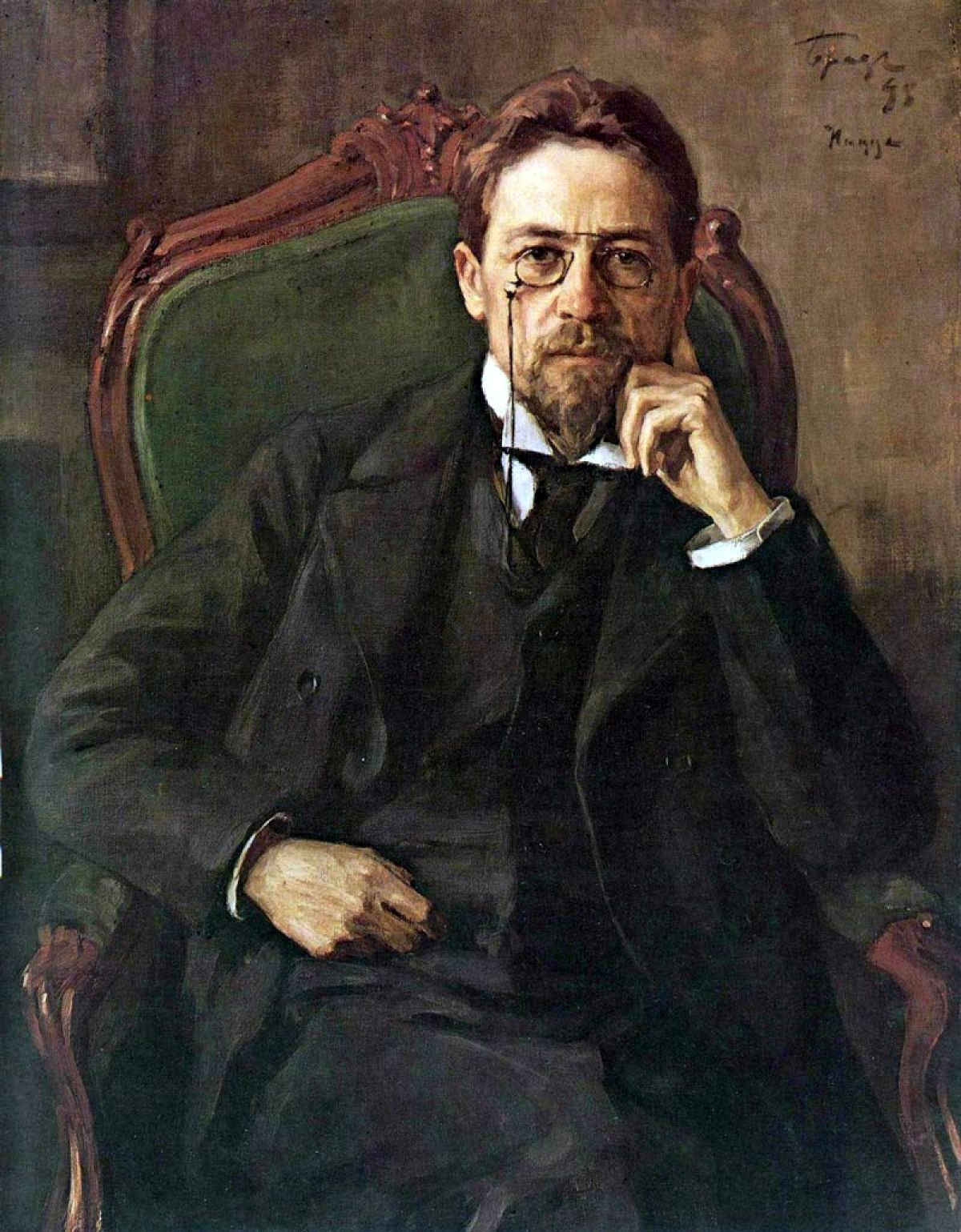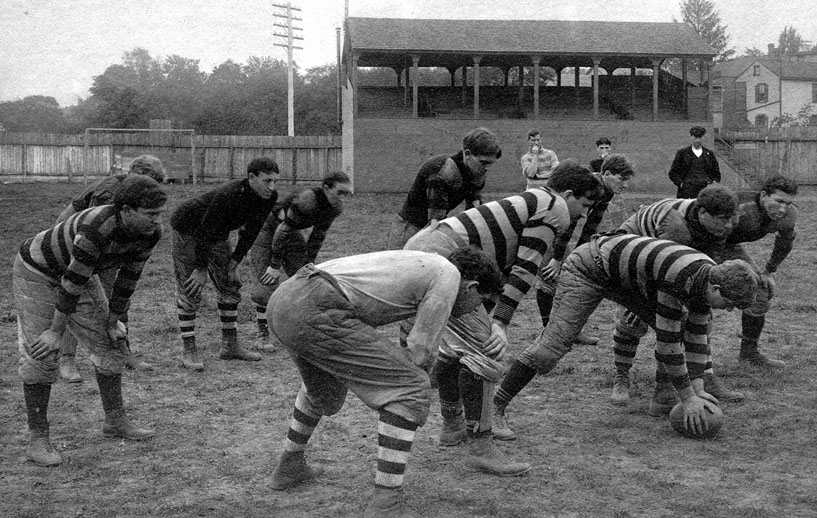Will a victory in New Hampshire’s January primary once again make John McCain the front-runner for the Republican presidential nomination, as it did in 2000?
If McCain’s enthusiastic reception by an overflow crowd at Londonderry’s Lions Club Hall on Saturday night is any indication, the Arizona Senator may very well defy conventional political wisdom and pull off an upset in the Granite State’s January 8th primary.
That so many potential voters turned out for a town hall meeting just hours before the televised Big Game between the locally-beloved New England Patriots and New York Giants (with the Patriots’ undefeated season on the line), served as further evidence of McCain’s growing appeal. His campaign, it seems, has momentum (or what George H.W. Bush once called “the Big Mo”); McCain’s earlier stops on Saturday also drew large crowds.
Those gathered in Londonderry greeted McCain with a standing ovation; he mounted the stage holding a replica jersey of Patriots’ quarterback Tom Brady, explaining that it had been a gift at an earlier campaign stop. “I know I’m pandering,” he told the cheering crowd, many of whom were wearing Patriots’ sweatshirts and hats, “but not enough to put the shirt on.”
Throughout the meeting, the 71-year-old McCain appeared energized and engaged—even though Londonderry was his final appearance of the day—suggesting that, despite his age, he has the stamina necessary for the demands of the presidency. His “Straight Talk Express” campaign has been on a roll for weeks. As his wife Cindy (who is just now back on the campaign trail after recovering from a knee replacement) noted in her brief comments, the country is beginning to take a hard look at the candidates, a development she thinks favors her husband.
A reconsideration
Voters do appear to be reconsidering the Republican presidential field. That’s been a positive development for the candidacy of the former naval aviator and Vietnam war hero. McCain’s reputation for political candor and personal courage has led some to call him “the only great man” in the race. A flood of recent endorsements (from New Hampshire’s largest newspaper, the Manchester Union-Leader; from both Boston dailies; from Red Sox hero Curt Schilling; and from fellow Iraqi war hawk Senator Joe Lieberman, who crossed party lines to back McCain) has helped to refocus attention on a candidate counted out by many political observers and pundits after his campaign faltered over the summer.
The gap in New Hampshire between McCain and current frontrunner Mitt Romney, former governor of neighboring Massachusetts, has narrowed, with some polls showing the race within the margin of error. At the Londonderry town hall meeting, McCain expressed confidence that the New Hampshire political process (“the laboratory of democracy”) would not favor the highest-spending candidate (a clear reference to Romney): “You can’t buy an election in New Hampshire. You can’t.”
Before taking questions, McCain talked about the troubled situation in Pakistan, (arguing for continued American support of President Pervez Musharraf) and what he described as progress in the war in Iraq. Noting that he was the only candidate to back the Bush Administration’s troop surge, McCain said his national security experience made him the best prepared leader to meet the “transcendent challenge of radical Islamist extremism.”
McCain fielded several questions about domestic issues (health care, education, the loss of manufacturing jobs, the need for new sources of energy) and offered traditional mainstream Republican solutions: “choice and competition” in health care and education, a vigorous defense of free trade, and a market-based response to climate change (citing General Electric’s green technology efforts as a model).
His fiscal conservatism—including his promise to veto all bills with earmarks and “pork barrel spending”—played well with the Londonderry crowd, as did his rejection of ethanol subsidies, which, he pointed out, wouldn’t help him politically in Iowa.
That, of course, has always been one of McCain’s strong points: his willingness to take principled positions on issues like farm subsidies, immigration, campaign finance reform, and the war in Iraq, even when it costs him politically.
When one Londonderry questioner asked about the influence of large drug companies in Washington, McCain noted that he had voted against the Medicare prescription drug benefit bill because “it had been written by the drug companies” and didn’t allow for competition. McCain added: “Everyone says they’re against the special interests, but I’m the only one they don’t give any money to.”
McCain’s reputation as a maverick has helped him in New Hampshire, where independents can vote in either the Republican or Democratic primary. Their shift to McCain in the final days in 2000 gave him the primary win. He needs that cross-over support again.
McCain’s own independence has made him less popular with some GOP party regulars. He has earned the enmity of Washington’s K Street lobbyists and opposition from elements of the religious Right. He isn’t seen as politically reliable: which is to say that McCain will think for himself and that isn’t an endearing quality for those within the Beltway whose livelihoods depend on “delivering votes.” (Is it any wonder that McCain’s fund-raising has fallen far short of original expectations?)
No easy road
Even if McCain does win in New Hampshire on January 8th, the road ahead is not an easy one. His campaign is short of cash. McCain trails Republican hopefuls Rudy Giuliani and Mike Huckabee in national polls (although not by much), lags behind Romney and Huckabee in Michigan (Jan. 15), and is third, or fourth, in the polls in South Carolina (Jan. 19). He will need a significant bounce from a Granite State victory to make up this ground.
And yet, based on what might happen in New Hampshire and its impact on the race, McCain could still emerge as the Republican nominee. As a familiar, and admired, figure on the national stage, he fares well in head-to-head polls against potential Democratic candidates Hillary Clinton and Barack Obama. It’s possible to envision McCain putting some blue states into play in 2008, something harder to imagine with a Huckabee or Romney at the top of the ticket.
Will McCain’s potential general election appeal make him more attractive to Republican conservatives eager to retain the White House? Will party loyalists rally around a maverick? Will McCain’s positions on immigration, campaign finance reform, and global warming prove too hard for some to swallow?
Of course answers to those questions will only matter if John McCain can beat the odds on January 8th and win in New Hampshire. Can he? A sign at the Londonderry Lions Club Hall claimed “Mac is Back!” In a race as volatile as Campaign 2008, don’t bet against it.
Copyright © 2007 Jefferson Flanders
All rights reserved


